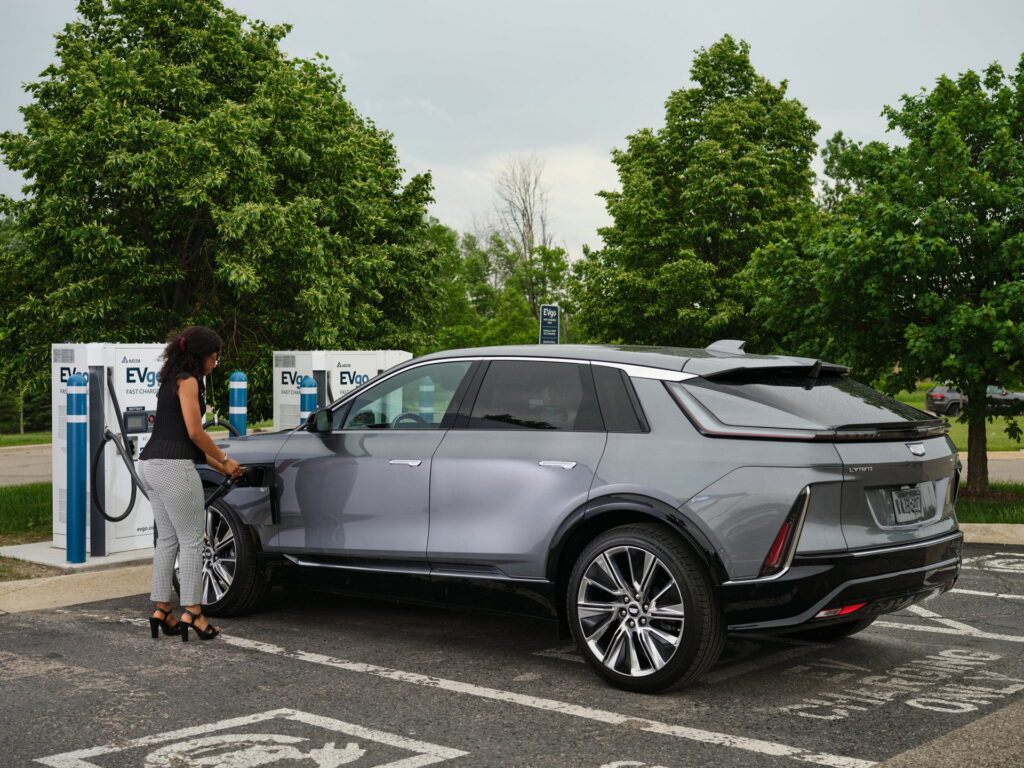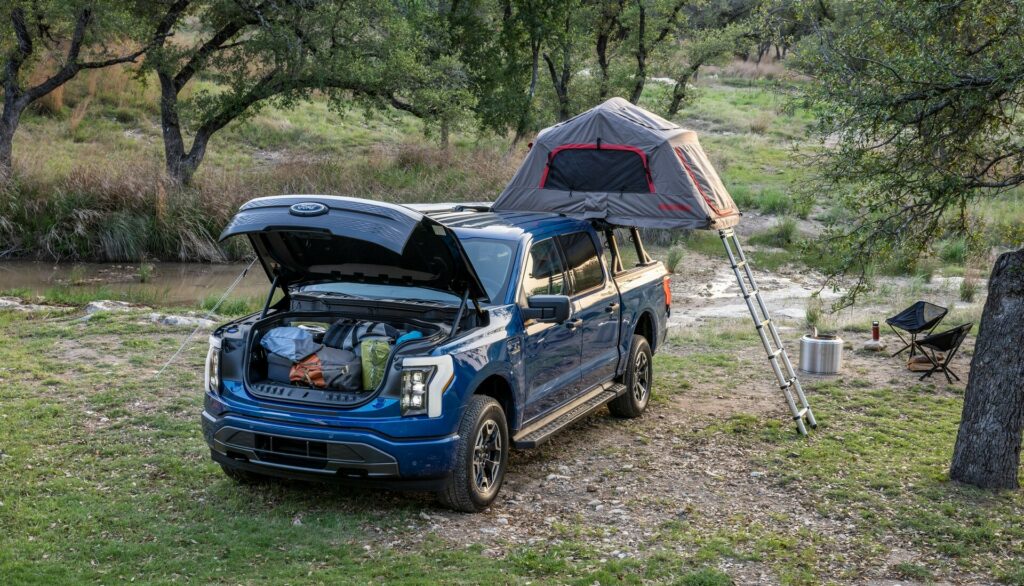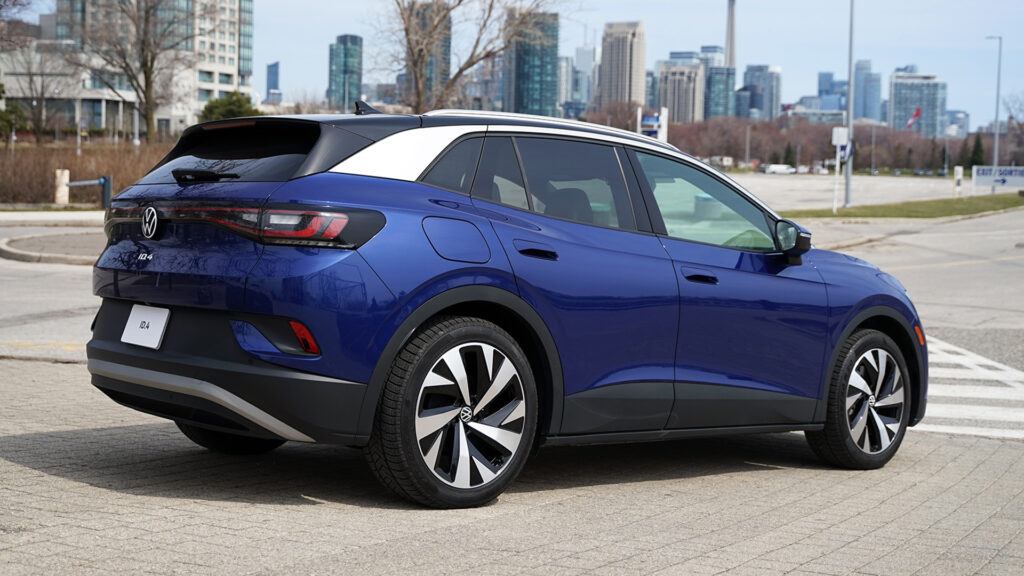There’s no doubt that interest and demand for electric vehicles has soared in the U.S. over the past few years but that doesn’t mean they are flying out of dealership lots. As a matter of fact, many unsold EVs are allegedly collecting dust at dealerships across the country.
A new report from Cox Automotive has revealed that the likes of General Motors, Ford, Hyundai, and Toyota currently have more than 90 days’ worth of unsold EVs at their stores. Additional data reveals that dealerships across the U.S. have more than 92,000 new EVs in stock. That’s more the triple the number of EVs at dealer lots 12 months ago and may suggest a brief pause in the market growth of EVs across the country.
Reuters states that as of June 30, GM had 50 days’ worth of Cadillac Lyriqs available at dealerships and according to GM, more than 80% of the Lyriqs and GMC Hummer EVs that it has built are still in transit to dealers. Cox Automotive says that Ford has 86 days’ worth of F-150 Lightnings and 113 days worth of Mustang Mach-E inventory but according to Ford itself, these estimates are too high.
Read: Tesla Maintains Dominant Lead In 2023 EV Sales, But Hyundai Beats All Others

The head of Ford’s U.S. sales analysis, Erich Merkle, says that F-150 Lightning inventories sit at 58 days and that includes vehicles at transit. Mustang Mach-E inventories are slightly larger at 83 days of supply.
“By no means are those inventories high,” Merkle said. What we do know for sure is that Ford built 46,238 Mustang Mach-Es in the first half of the year and sold 14,040.
VW has acknowledged “some softening in EV sales in the U.S. recently” and according to Cox’s data, it has 131 days’ worth of ID.4s in its inventory. The German brand noted that there is strong demand for the electric SUV but that it doesn’t have enough all-wheel drive versions to meet demand. VW also says that there is some “customer confusion” due to the “tax credit eligibility of EV models.”
“There’s a natural speed of market growth here that many are fighting against, and there’s a lot of confusion in the market with too many brands,” added investment banker Vitaly Golomb. “The strong will survive here and the rest will struggle.”




